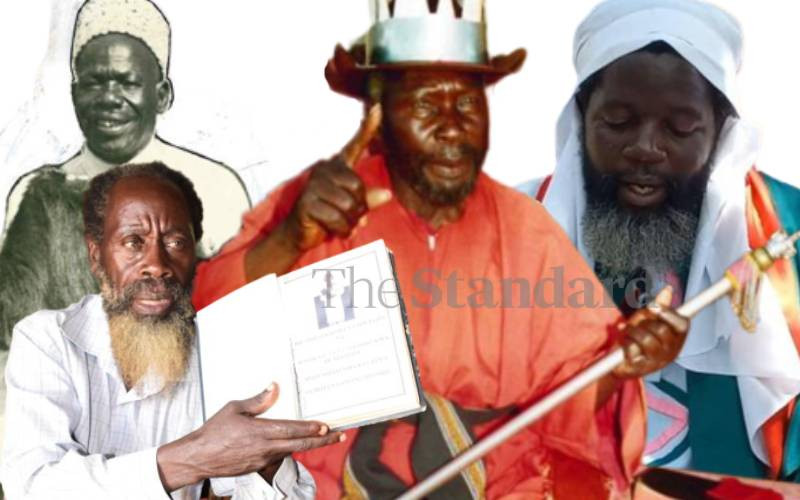×
The Standard e-Paper
Stay Informed, Even Offline

Claiming to be gods, a number of sect leaders have treated the Mulembe nation (western Kenyan and parts of North Rift) to drama in the last six decades.
From 'Prophet" Elijah Masinde of the Dini Ya Msambwa - a religious political sect that was popular from the 1960s to 1990s, to the self-proclaimed Jehovah Wanyonyi, to Nabii Yohana (V) and the latest of all, Yesu wa Tongaren, through their belief in 'false doctrines' and heretic teachings, their word is the law that has blinded the flock they shepherd.